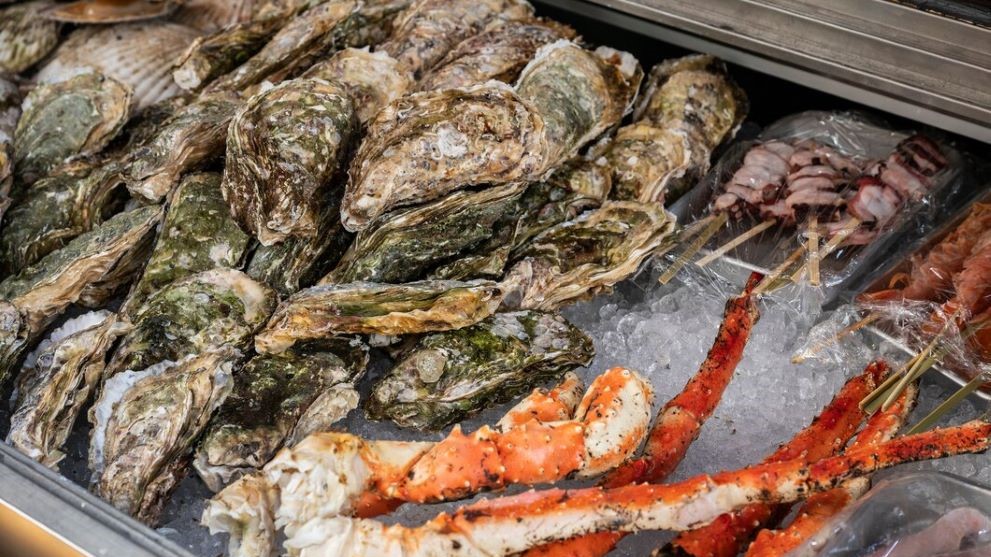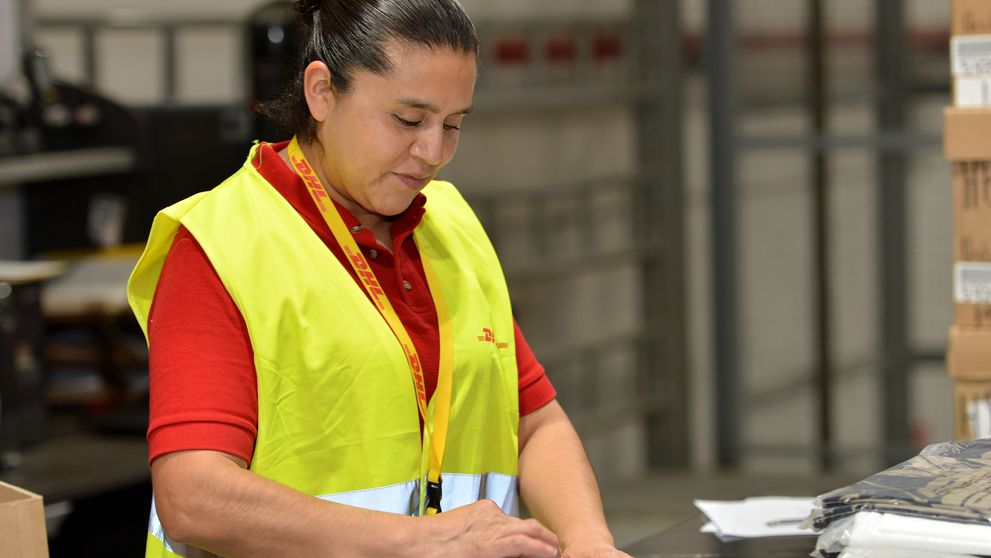In the fast-paced world of international trade, shipping food across borders has become an increasingly complex endeavour. With the food industry heavily relying on the item’s freshness and quality, effective preparation for shipping these temperature-sensitive products is indispensable. This guide delves into the significance of maintaining the right conditions of products during transit and how to ensure food safety and quality throughout the journey.
Effective shipping of temperature-sensitive food items
Food shipments typically entail high risks of spoilage and degradation caused by temperature fluctuations. Here are key reasons why careful preparation is pivotal for food shippers from Vietnam.
1. Protect against bacterial contamination
Food items, like yoghurt and milk, are highly susceptible to bacterial growth when not stored at the correct temperature. This can lead to significant health risks, such as food poisoning and the spread of harmful bacteria like Salmonella and E. coli. Proper packaging is essential to ensure the safety and quality of food products, preventing contamination and preserving public health.
2. Ensure the taste, texture and appearance of food remain the same
Temperature fluctuations can alter the fundamental characteristics of food, affecting its freshness and appeal. Ensuring temperature stability is crucial to delivering a product that meets customer expectations and maintains its intended culinary qualities.
Temperature stability is vital for dried foods like instant coffee, cereal powder, dried cashews, dried squid, and fried onions. These products, while less perishable, are susceptible to moisture and temperature changes that can compromise their quality. For instance, excessive humidity or warmth can cause clumping in powders, diminish the crispness of dried fruits or nuts, and affect the freshness and flavour of dried seafood and vegetables. Preserving the right temperature and humidity levels ensures these products retain their texture, taste, and overall quality upon reaching consumers.
3. Safeguard business reputation
The psychological impact of a single incident involving food safety can have far-reaching consequences on consumer perception and brand loyalty. When food products deteriorate in transit due to inadequate temperature and/or humidity, the impact on businesses can be substantial. Spoiled or contaminated food not only results in financial loss from product wastage but can also damage a company’s reputation. Customers losing trust in a brand's ability to deliver fresh and safe products can lead to decreased sales and long-term business harm.
Challenges in temperature-sensitive food shipping and overcoming them
Shipping temperature-sensitive food products presents a myriad of challenges, such as:
1. External factors
The impact of external factors such as weather conditions, unexpected delays in customs, or transportation disruptions can be significant. Extreme temperatures, humidity, or unforeseen delays can lead to spoilage. To mitigate these risks, businesses can use insulated packaging or vacuum sealing. Additionally, contingency planning for alternative routes and maintaining open lines of communication with express delivery partners can help manage unexpected delays.
Working with a reliable logistics company helps you reduce, if not eliminate, the impact of these external factors. For instance, apart from providing packaging advice for foods like milk, juices, and fruit jams, DHL Express Vietnam also ensures businesses have all documentation in order for customs clearance, thus avoiding delays. We achieve this with our intuitive MyDHL+ portal that makes document preparation a breeze, from the selection of the right Harmonised System (HS) codes for your products to printing shipping labels. In addition, speedy next-day door-to-door deliveries means your shipments face lowered risks from changing weather conditions.
2. Regulatory concerns
Complying with both international and local food safety standards is crucial. This involves understanding and adhering to the regulatory requirements of the destination country, including the need for proper documentation and certification. Working closely with experienced shipping partners can help businesses stay updated on regulatory changes to ensure compliance. Our customs specialists can help step in to update you on these rules and regulations, and ensure your shipment is compliant with the laws of your destination country.
3. Cost implications
Balancing cost-effectiveness while ensuring food safety and quality is a delicate task. While express delivery shipping solutions ensure safety, they may come at a premium price compared to standard shipping options with longer transit times. Yet, when evaluating the cost-benefit ratio by calculating shipping costs against the value of the goods and the potential loss from spoilage, working with an experienced express delivery partner makes all the difference.
Best practices when shipping temperature-sensitive food products
Effective shipping of temperature-sensitive food requires meticulous planning and execution. Adhering to best practices in pre-shipment preparation, monitoring, and collaboration with logistics providers is crucial.
1. Pre-shipment preparation
The success of temperature-sensitive food shipping starts with proper packaging. Utilising packaging materials such as insulated containers helps maintain the required temperature and humidity. Equally important is ensuring that the packaging is well-sealed and adequately padded to prevent damage during transit. If the food item does not already come with its manufacturer’s standard packaging, some alternative solutions such as vacuum sealing are available, subject to the specific types of food.
2. Working with a reliable logistics provider
Partnering with experienced logistics providers is integral to the successful shipping of temperature-sensitive food. When it comes to us, you can rely on our expertise, technology, and infrastructure necessary to handle the complexities of food shipping.
In addition, regular communication and updates between you and the recipient ensure that any potential issues are promptly addressed. This collaboration is crucial for navigating the challenges of international shipping, ensuring that food items reach their destination in optimal condition.
By focusing on these key areas, businesses can effectively manage the complexities of shipping temperature-sensitive food products, ensuring their integrity upon arrival. If you’re keen to ship food with DHL Express Vietnam, rest assured that we will ensure your products reach their destinations safely and in tip-top condition.
We can help ship diverse food items from Vietnam, including but not limited to:
- Juices, specifically orange, strawberry, aloe vera and coconut
- Fried or dried rice
- Instant products, specifically coffee, noodles, noodle soups and porridge
- Dried fish
- Cereal powder
- Yoghurt
- Milk
- Coconut rice paper
- Dried or roasted cashews
- Sauces, specifically cucumber, Channidae, shrimp, soy, fish and Thai sauces
- Coconut cake
- Coconut or chocolate candies
- Licorice, herbal and Thai Nguyen dried tea
- Dried seafood, specifically shrimps and squids
- Dried fruits, such as jackfruit, potato, mango, etc.
- Fruit jam
- Fried shallot/onion/garlic
- Chilli powder or paste
- Salts, specifically seafood dipping salt and shrimp salt
Begin with a free consultation from us by dialling Customer Services (Toll-free) at 1800 1530, or create a business account to put you straight on track to quality.




















